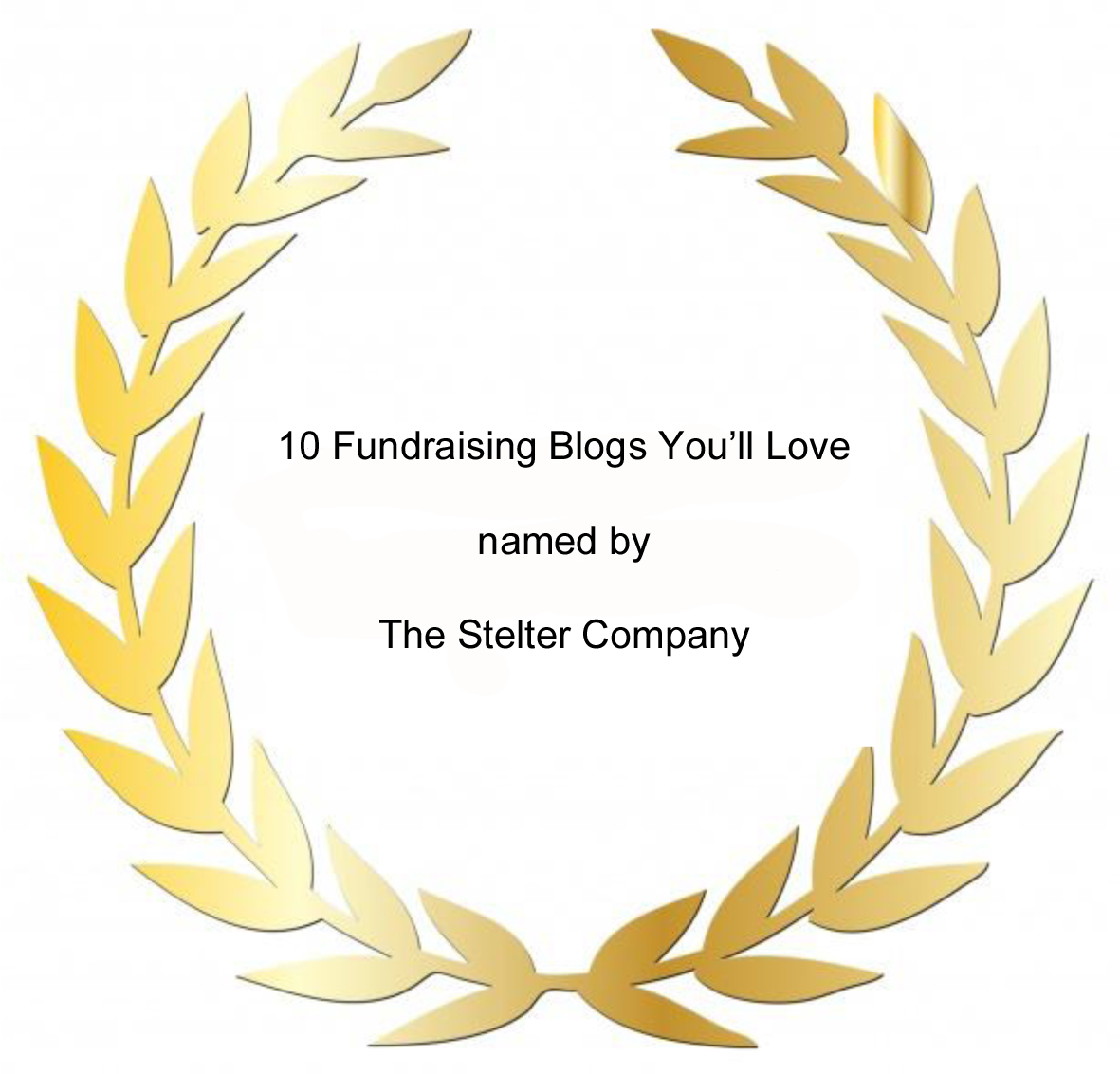We are all amateurs.
In my April 2019 article for Advancing Philanthropy, the Association of Fundraising Professionals magazine, I explain it this way:
In the film ‘Limelight’ (1952), Charlie Chaplin’s character says, ‘That’s all any of us are: amateurs. We don’t live long enough to be anything else.’ In other words, we will never know everything we need to know. All we can do is continue to learn and, perhaps, share what we know with others, inspiring them as we have been inspired.”
Let’s review the way good teachers shape our lives, and consider some tips for how to find true experts to learn from rather than mere wannabes.
 Teachers shape our lives and help make us into the people we are. Take a moment and think about the affect your parents have had on you. Consider the lessons you’ve learned from religious leaders, schoolteachers, job supervisors, and others. Some people have taught us valuable skills, some have inspired us, some have taught us right from wrong.
Teachers shape our lives and help make us into the people we are. Take a moment and think about the affect your parents have had on you. Consider the lessons you’ve learned from religious leaders, schoolteachers, job supervisors, and others. Some people have taught us valuable skills, some have inspired us, some have taught us right from wrong.
In my Advancing Philanthropy article and the sidebar, you’ll read about how teachers have affected the lives of seven fundraising professionals, some you’ll likely know:
- Teachers help us develop broad skills such as critical thinking.
- Teachers help us develop specific skills such as how to write an effective appeal letter.
- Teachers inspire us.
- Teachers encourage us.
- Teachers move us to think beyond ourselves and better understand others.
- Teachers open our minds to lifelong learning.
- Teachers motivate us to give-back by sharing our own knowledge.
Just as good teachers have helped us become the people we are today, teachers will help us continue to grow and become the people we want to be tomorrow. However, for that to occur, two things must happen: 1) we need to remain open-minded and intellectually hungry; and 2) we need to seek out good teachers who have something legitimate to offer.
Today, with the proliferation of available books and educational presentations dealing with nonprofit management and fundraising, it can be a challenge to distinguish between the true experts and the pretenders. Here are some tips to help guide you:










